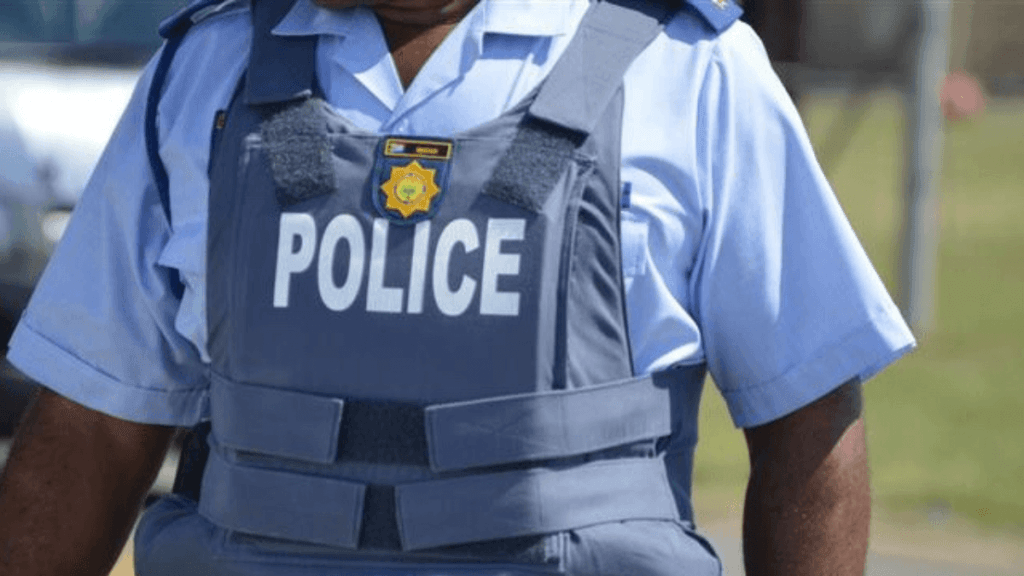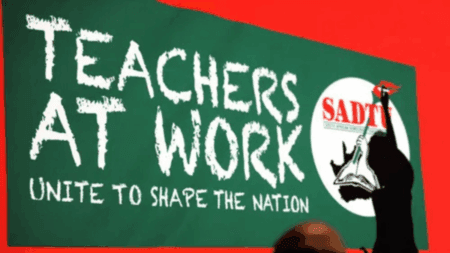Being a police officer in South Africa is a demanding, challenging, and crucial role that requires not only physical stamina but mental strength as well. From the busy streets of Johannesburg to the rural townships of Limpopo, police officers face a diverse range of situations daily. The life of a South African police officer is fast-paced, unpredictable, and filled with moments of both danger and reward.
A Day in the Life of a South African Police Officer
Here’s a glimpse into a typical day for a South African police officer, focusing on their responsibilities, challenges, and the impact they have on the community.
Morning Preparations: Getting Ready for the Day Ahead
A police officer’s day begins early, usually with preparations that ensure they are ready for whatever the day may bring. Here’s how the morning typically goes:
- Briefing at the Police Station:
- Officers are briefed on current incidents, ongoing investigations, and areas of focus for the day.
- Information about high-priority cases, suspects, and crime hotspots is shared.
- Gear and Vehicle Preparation:
- Officers inspect their uniforms, gather essential tools (such as firearms, radios, and notebooks), and check their patrol vehicles.
- Vehicles are tested for safety and readiness to go out on the roads.
- Mental Readiness:
- Officers prepare mentally for a demanding shift. They anticipate possible emergency calls and confrontations, ensuring they’re focused and alert.
The Role of Routine Patrols: Protecting Communities
Patrols are the foundation of a police officer’s day. These patrols serve both as a preventive measure and a way to respond to crime in real-time.
- Engaging with the Community:
- Officers interact with residents, asking if they have any safety concerns or reporting suspicious activity.
- Regular interaction builds trust and helps with crime prevention.
- Identifying Potential Trouble Spots:
- Officers remain alert to high-crime areas or signs of criminal activity.
- They keep watch for drug-related activities, theft, and domestic violence incidents.
- Visible Presence:
- Patrolling communities serves as a deterrent to criminals who may be less likely to act if they see officers in the area.
Emergency Calls: Responding to Crises
Police officers are always on standby to respond to emergencies. Their ability to act quickly is crucial in preventing further harm or escalating situations.
- Types of Emergency Calls:
- Calls can vary from minor incidents (such as noise complaints) to major emergencies (armed robberies, car accidents, and violent crimes).
- Rapid Response:
- Officers must assess the severity of each situation quickly and determine the best course of action.
- High-Risk Situations:
- Certain calls can involve dangerous individuals, weapons, or volatile environments, requiring officers to act with caution and precision.
Read more: How to Apply for SAPS Jobs in 2025
Investigative Work: Digging Deeper into Cases
Beyond emergency response, officers often engage in investigative work, especially when it comes to solving crimes.
- Gathering Evidence:
- Police officers gather crucial evidence from crime scenes, including photographs, witness testimonies, and physical evidence like fingerprints or DNA.
- Interviews and Interrogations:
- Officers may interview victims, suspects, and witnesses, piecing together the events leading to a crime.
- Collaboration with Other Units:
- Officers often work with detectives, forensic teams, or other police units to follow leads and close cases.
- Follow-Up:
- Officers are involved in ensuring investigations are moving forward, often visiting locations or following up with individuals to gather additional information.
Community Engagement: Building Trust and Relationships
A significant part of a South African police officer’s role is working closely with the community they serve.
- Community Policing Initiatives:
- Officers engage with local schools, businesses, and community organizations to promote safety and educate the public about crime prevention.
- Neighborhood Watch Programs:
- Many officers work directly with community members through neighborhood watch programs, offering support and guidance on how to reduce local crime.
- Creating a Partnership:
- Building strong relationships with locals helps foster a sense of shared responsibility for safety. Officers are seen not just as enforcers, but as part of the community.
Challenges and Risks: The Tough Realities of the Job
While being a police officer is rewarding, it also comes with significant challenges and dangers.
- Dealing with High Crime Rates:
- Many areas in South Africa experience high crime rates, placing officers in risky situations where they may face armed criminals or violent confrontations.
- Emotional and Physical Strain:
- The job can be emotionally draining, as officers often witness tragic events such as violent crimes, accidents, or deaths.
- Long hours and physical demands can also take a toll on officers’ health and well-being.
- Under-Resourced Environment:
- Some police departments in South Africa are under-resourced, which can hinder an officer’s ability to effectively respond to incidents or conduct thorough investigations.
End of Shift: Reflection and Paperwork
As a shift comes to an end, officers still have important tasks to complete before they can clock out.
- Completing Reports:
- Officers must document everything they did throughout the day, including arrests made, evidence collected, and incidents they attended.
- De-briefing:
- Officers meet with their supervisors to discuss the shift’s events, any challenges they encountered, and review unresolved cases.
- Mental Reflection:
- After a long and demanding shift, officers often reflect on the day’s events, considering how they could improve responses in the future.
Also check: Are CV Writing Services Worth It? Pros and Cons of Professional CV Writers
Being a South African police officer is a role filled with unpredictability, danger, and immense responsibility. From the early morning briefings to late-night emergency responses, officers are constantly working to protect their communities. While their sacrifices often go unnoticed, police officers remain the backbone of law enforcement, striving to maintain peace and safety in challenging environments.






